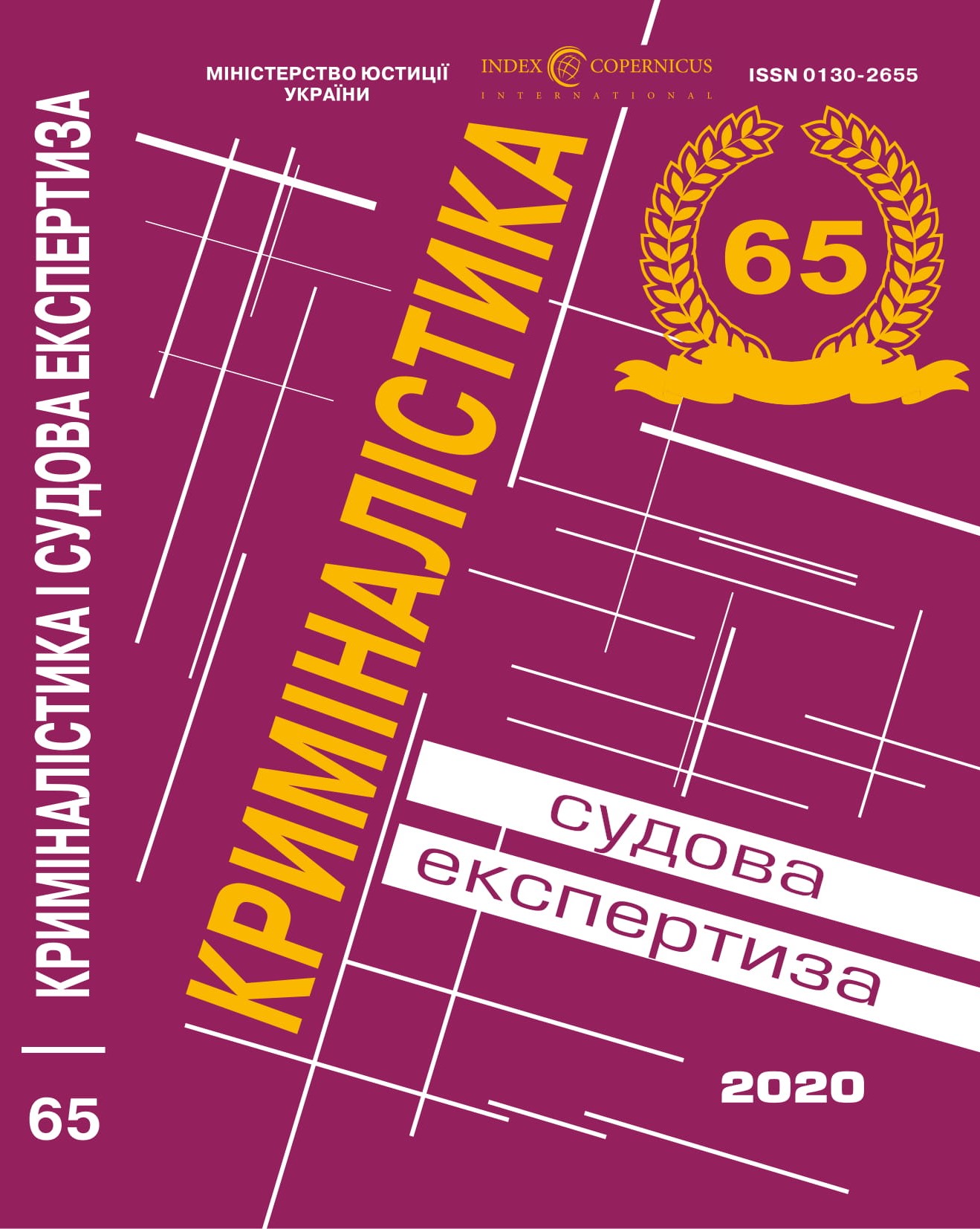
DOI: https://doi.org/10.33994/kndise.2020.65.72
O. Babkina, A. Tkachov
The article is devoted to the analysis of the aspects of providing legal assistance to women victims of domestic violence in Ukraine. Due to our analysis, we have demonstrated that in Ukraine, legislative documents have been developed at the legislative level to prevent domestic violence and the observance of women’s rights, and forms of domestic violence have been identified (psychological, physical, sexual). The main standards of the regulatory framework of Ukraine are consistent with the Istanbul Convention. In practical work, law enforcement agencies interact with social services, medical institutions, forensic medical examinations and many others to provide timely, fullfledged assistance to women in cases of detected domestic violence, and in each case develop a system of measures to prevent, promote and prevent domestic violence.
A positive aspect in the modern legislation of Ukraine was the establishment of restrictive measures for persons who committed domestic violence in the form of a ban on staying in a place of cohabitation with a person who suffered from domestic violence; prohibitions of approaching a place or person who has suffered from domestic violence, etc. Attention is drawn to the fact that for the first two violations, the person who committed domestic violence can be held administratively liable, and for the third time, criminal liability.
Recommendations are given on conducting a forensic examination in cases of domestic violence against women, in which, in addition to the mandatory points reflected in the Rules for the Examination of Victims, Accused and Other Persons, aspects of an ethical approach are noted to reduce the psychological trauma of women during examination.
It was emphasized that the issue of beatings, torment and torture falls within the competence of the bodies of pre-trial investigation/court and is not the competence of forensic medical examination.
Key words: domestic violence, gender equality, legal assistance to women, forensic examination, Istanbul Convention.










